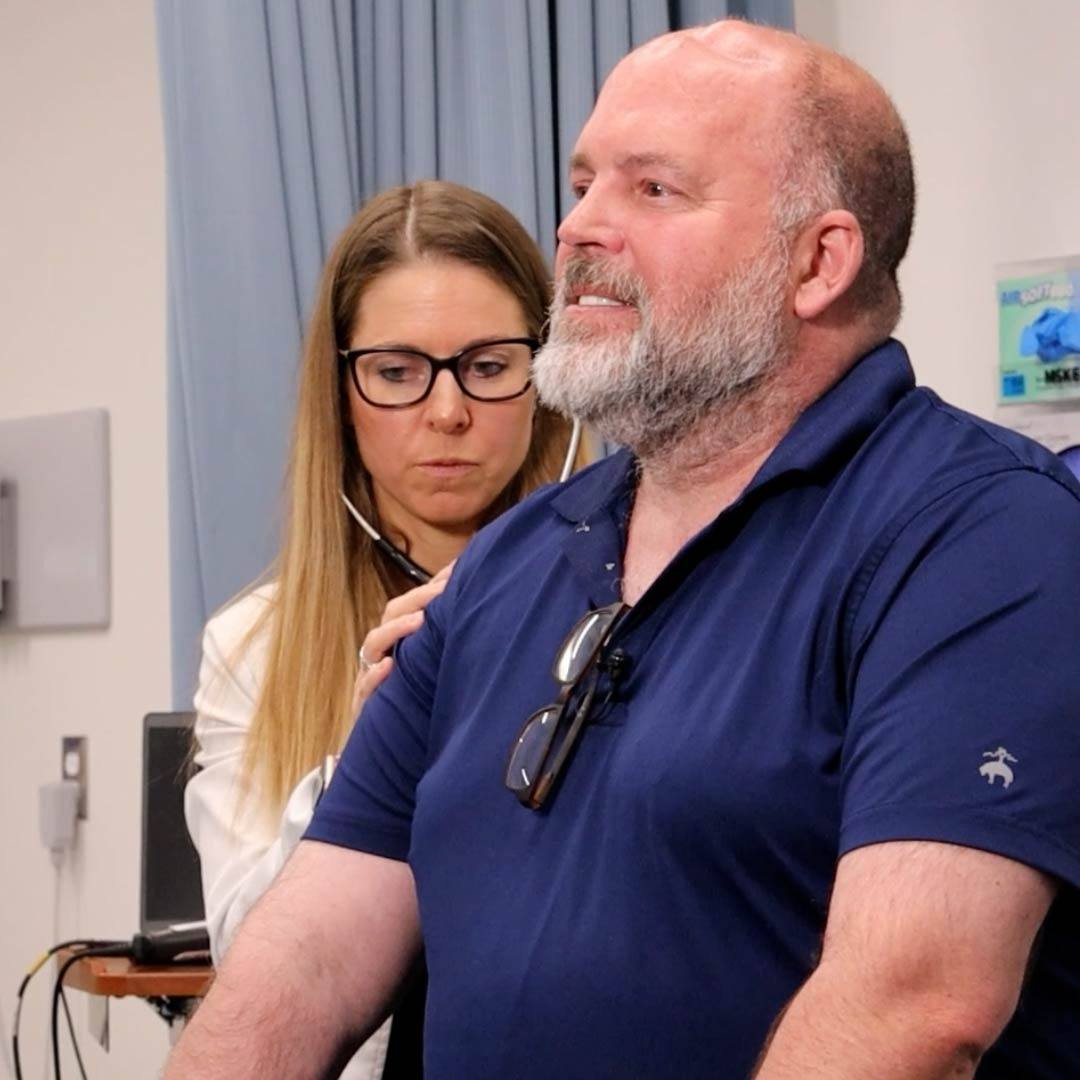-
Do rural populations experience greater worry and fatalism about cancer?

WASHINGTON — Researchers will answer that question on Thursday, March 7, at the Society of Behavioral Medicine's 40th Annual Meeting & Scientific Sessions.
People living in rural areas are more likely to have ambiguous beliefs and fears about getting cancer, as well as more fatalistic viewpoints, than urban dwellers. That's according to reports from a Mayo Clinic research team.
Mayo Clinic Cancer Center is a National Cancer Institute-designated comprehensive cancer center, with campuses in Phoenix and Scottsdale, Arizona; Jacksonville, Florida; and Rochester, Minnesota. The three regions from which the center draws patients (also called catchment area) consists of 29 counties in five states, including rural areas. The team conducted a population-based survey of randomly selected households across the Mayo Clinic Cancer Center catchment area, and received 1,157 completed responses.
"Survey respondents who live in the rural areas were more likely to agree with statements such as: 'It seems like everything causes cancer'; 'There is not much you can do to lower your chances of getting cancer'; and 'There are so many different recommendations about preventing cancer, it's hard to know which ones to follow,'" says Kristin J. Harden, a health services researcher at Mayo Clinic and the study's lead author. "They were also more likely to respond 'extremely' to the question, 'How worried are you about getting cancer?'"
Even when taking into account differences in social and demographic variables such as education, race and ethnicity, and health insurance status, the researchers found that, in general, people living in rural areas preferred not to know their risk of developing cancer.
What you don't know can't hurt you …
In this instance at least, a lack of knowledge could be deadly. "Having these kinds of pessimistic beliefs toward cancer prevention may discourage participation in cancer prevention and screening, which could contribute to health disparities," says Harden.
Recent reports indicate that the incidence rates of cancer and cancer-related deaths are decreasing in the U.S. However, observed declines are slower in rural areas. "This is particularly true for cancers that can be prevented through behavior change, such as stopping smoking or participating in evidence-based cancer screenings, such as colonoscopy," Harden says. "Public health researchers and health care professionals working in rural areas need to understand these attitudes as well as the variability across the different communities they work in."
"Interventions that work in one community may not work in another. Therefore, professionals developing potential interventions should do so in collaboration with community members to ensure alignment with individual community needs and values."
Collaboration and continued research
The research team hopes to expand on these findings, collaborating with rural community members to help better understand the findings and collect ideas that could lead to customized interventions for different communities.
"This research is directly responsive to NCI [National Cancer Institute] priorities, both with its focus on catchment area and on rural populations," says Lila Finney Rutten, Ph.D., the study's senior author and Robert D. and Patricia E. Kern Scientific Director for Population Health Science in the Mayo Clinic Robert D. and Patricia E. Kern Center for the Science of Health Care Delivery. Dr. Rutten is a professor of health services research in Mayo Clinic College of Medicine and Science.
"We expect these findings to inform our continued research in Mayo Clinic Cancer Center, as well as to improve our ability to better engage with and care for our rural populations," says Dr. Rutten.
###
About Mayo Clinic Cancer Center
As a leading institution funded by the National Cancer Institute, Mayo Clinic Cancer Center conducts basic, clinical and population science research, translating discoveries into improved methods for prevention, diagnosis, prognosis and therapy. It is part of Mayo Clinic, a nonprofit organization committed to clinical practice, education and research, providing expert, comprehensive care to everyone who needs healing. For information on cancer clinical trials, call the Clinical Trials Referral Office at 1-855-776-0015 (toll-free). Learn more about Mayo Clinic.
About SBM
The Society of Behavioral Medicine (SBM) is a 2,400-member organization of scientific researchers, clinicians and educators. They study interactions among behavior, biology and the environment, and translate findings into interventions that improve the health and well-being of individuals, families and communities (www.sbm.org).
Media contact:
- Elizabeth Zimmermann, Mayo Clinic Public Affairs, 507-284-5005, newsbureau@mayo.edu







